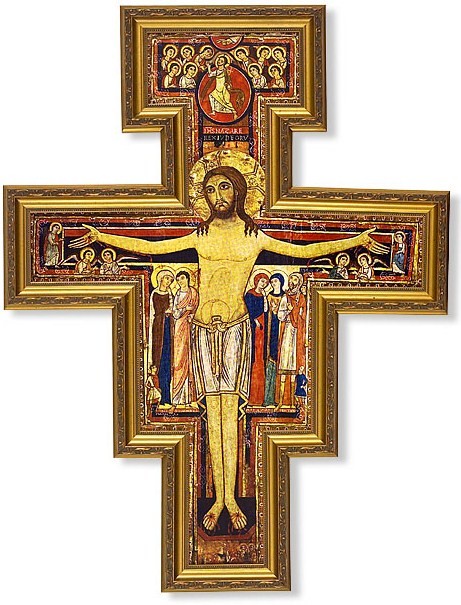December 25 - "The Feast of Lights"
 With Advent season at hand, I picked up a book recently released by Pope Benedict XVI entitled, “The Blessing of Christmas.” Throughout the book Pope Benedict helps us understand Christmas as the most profoundly human feast of faith, because it allows us to feel most deeply the humanity of God. I’ve provided the text below that may help some of us fully understand what Jesus accomplished in his birth.
With Advent season at hand, I picked up a book recently released by Pope Benedict XVI entitled, “The Blessing of Christmas.” Throughout the book Pope Benedict helps us understand Christmas as the most profoundly human feast of faith, because it allows us to feel most deeply the humanity of God. I’ve provided the text below that may help some of us fully understand what Jesus accomplished in his birth.
Pope Benedict XVI on December 25th. . .
“From the very beginning, this was made clear by the date of this feast. In the Jewish calendar, December 25 was and remains the feast of Hanukkah, the feast of lights, which recalls how on this day in 165 B.C., Judas Maccabeus removed the altar of Zeus-which tradition called the ‘abomination of desolation in the holy place’ – from the Temple in Jerusalem. It was on the same date that the Syrian King Antiochus, who was worshipped as ‘Zeus’, had set up the pagan idol in the temple, designating December 25 as his own feast day. Now it became the date of the cleansing of the Temple, and day on which the glory of God, which had been trampled underfoot, was reestablished and God began to be honored anew in the proper manner. It was from this day on that Israel dated its own rebirth: as soon as it was once again able to serve God in the appropriate way, Israel itself was restored.
Since the week from December 25 to 31 was also the week before the New Year, this restoration took on an even deper significance. It portrayed the new beginning of creation, the new time of freedom from which men hoped. This is why, as early as around 100 B.C., the birth of the messianic child was expected on this date. During Jesus’ own lifetime, this feast was already celebrated as the feast of lights, in keeping with the prophet Isaiah’s words: “the people who walked in darkness have seen a great light” (Is 9:2)
In his infancy narrative, Luke unfolds a chronology with a profound symbolic meaning, dating it in such a way that the birth of Jesus occurs during the feast of Hanukkah, “on the night of lights”, which thus became the Christian feast of Christmas. We should also note that Bo Reicke, formerly professor of exegesis in Basel, has also pointed to the festal calendar that lies behind the chronological link made in the Gospel of Luke between the birth of John the Baptist and the birth of Jesus. This would mean that Luke himself assumes that Jesus was born on December 25, the day of which the feast of dedication of the Temple (introduced by Judas Maccabeus in 164 B.C.) was celebrated.
In his birth, Christ has truly done what Judas Maccabeus sought in vain to do. Christ has banished the pagan idols from the world. He has constructed the temple of his body. He has reestablished the glory of God.”
1) Pope Benedict XVI. The Blessing of Christmas. Ignatius. 2007









No comments:
Post a Comment